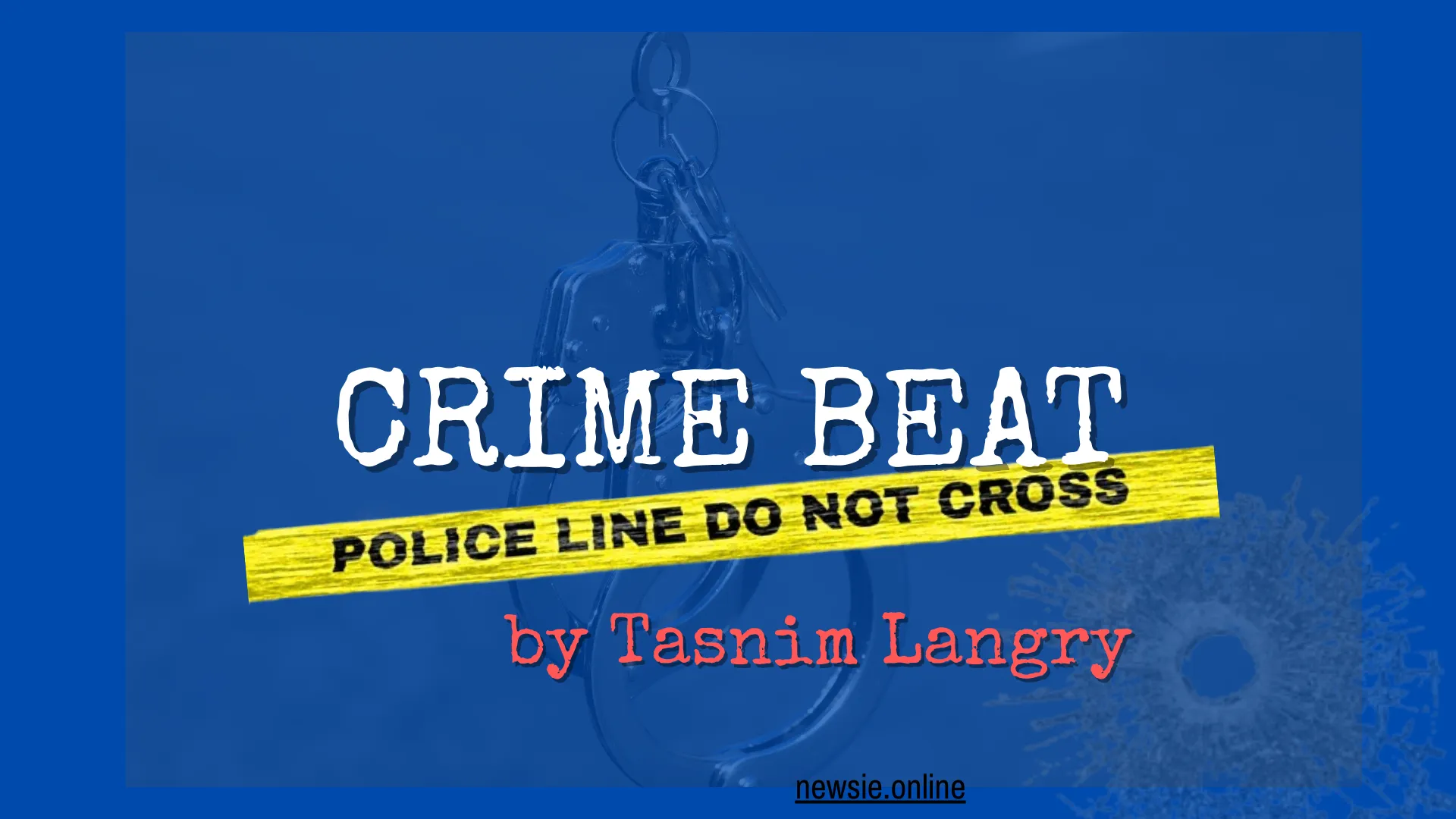The director of a private company has appeared in court following her alleged involvement in a tender fraud scheme that cost a state-owned water entity over R215,000. The charges stem from a 2020 contract issued by Amatola Water for the supply of water tankers to drought-stricken communities within the Chris Hani District Municipality. According to the Eastern Cape Hawks, Amatola Water’s Development Section advertised the tender in early 2020, seeking service providers equipped with licensed water tankers to help with emergency water supply. As part of the eligibility criteria, applicants were required to submit proof of ownership and licensing of their water tankers from the Department of Transport.
Tender fraud documents fraudulent
Investigations revealed that on 27 August 2020, Babalwa Afrika Ngwenze (42), director of Liphundi Project (Pty) Ltd, allegedly submitted fraudulent documents, including a fabricated vehicle registration certificate. The forged certificate falsely indicated that the water tanker met the Department of Transport’s licensing requirements. The fraudulent submission positioned her company as a qualified candidate, resulting in it being awarded the tender.
Ngwenze’s company reportedly provided water delivery services following the award and submitted invoices to Amatola Water, which were duly paid. However, during a routine audit, discrepancies were flagged, prompting the involvement of the Special Investigating Unit (SIU). The matter was subsequently escalated to the Hawks’ Serious Corruption Investigation unit in East London for further scrutiny.
After an intensive investigation, the Hawks concluded that the water board had been defrauded of more than R215,000. Ngwenze was arrested on 24 April 2025 and appeared in the East London Magistrate’s Court the same day. She faces charges of fraud, forgery, and uttering (presenting a forged document as if it were genuine). The accused was released on R1,000 bail and is expected to appear again on 2 June 2025 when the matter will be transferred to the East London Regional Court.
A Worrying Pattern of Tender Fraud
This case sheds light on a growing trend of tender fraud that continues to plague service delivery in South Africa. The manipulation of tender processes not only drains public funds but also deprives communities of much-needed services.
In a similar case from 2022, a company director in Limpopo submitted false bank guarantees to secure a R10 million school construction contract in this tender fraud matter. The project was abandoned midway, leaving learners without classrooms while the company pocketed advance payments.
In another instance, a municipality in KwaZulu-Natal paid over R3 million to a supplier who claimed to provide sanitation infrastructure. Investigators later found the supplier was a shell company, and no toilets were ever delivered or installed.
Tender fraud often involves the submission of falsified documents, misrepresentation of company capabilities, collusion with internal officials, or payment for services that are never rendered. Such practices not only lead to financial losses but erode trust in public institutions and delay crucial development projects.
Hawks Urge Vigilance
Warrant Officer Ndiphiwe Mhlakuvana, spokesperson for the Hawks in the Eastern Cape, emphasized the importance of due diligence during procurement processes. “Entities must conduct thorough background checks and document verifications before awarding tenders. Fraudulent activity at this level hampers service delivery and deprives deserving companies of fair opportunities,” he said.
The Hawks continue to call on members of the public to report suspicious tender activities. Whistleblower protection mechanisms are in place to ensure anonymity and safety for those who come forward with information.
As South Africa battles to uphold accountability in its procurement systems, cases like these underscore the need for robust oversight, ethical leadership, and greater transparency to ensure public resources are used to benefit the communities they’re intended for.
This case adds to the growing list of tender fraud cases in South Africa, highlighting the urgent need for stricter monitoring of public procurement systems.
ICYMI: Turmeric, a super food
